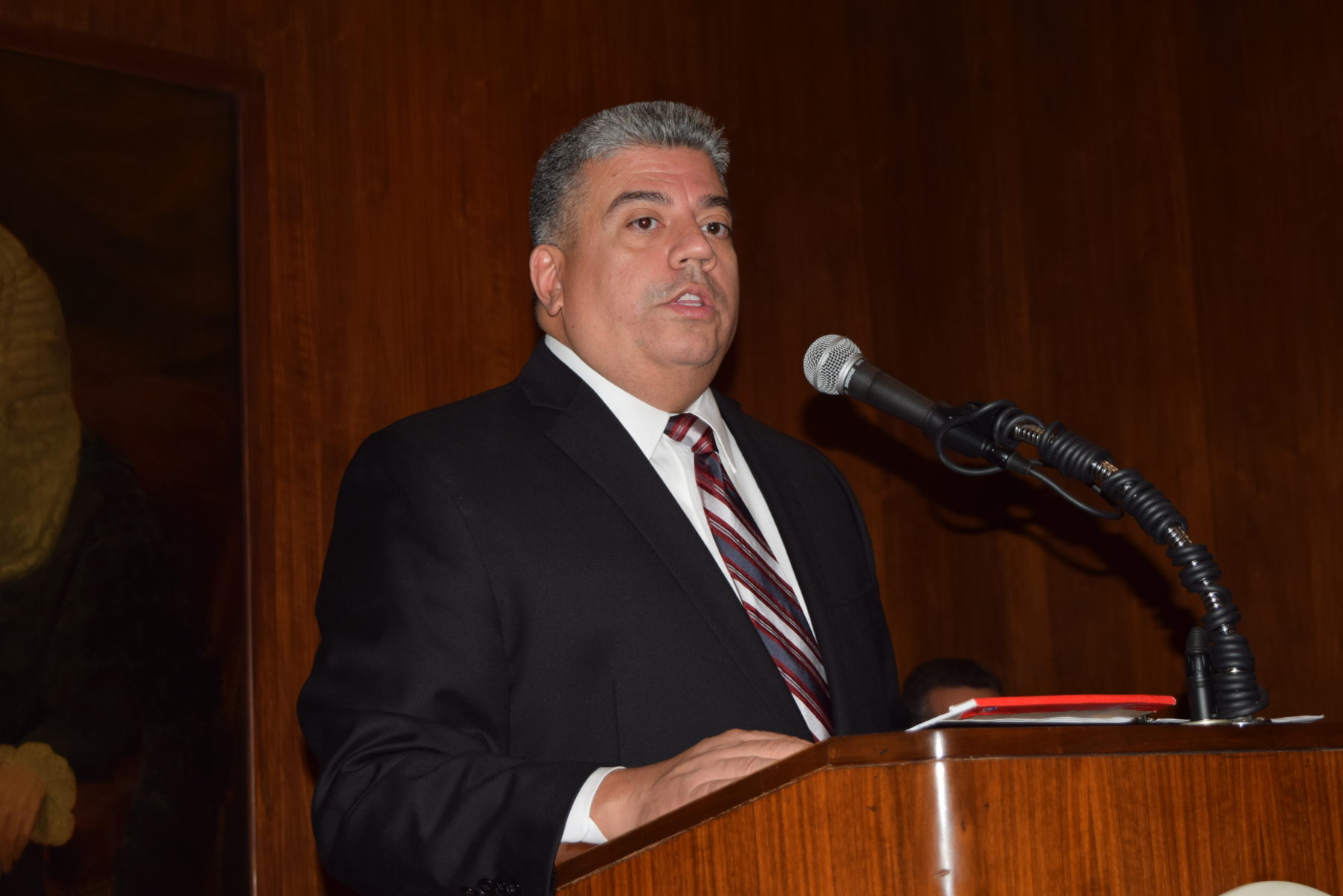Jail is ‘last resort’ in Brooklyn DA’s new reform plan
Justice 2020: A 17-point plan focusing on community trust

Brooklyn District Attorney Eric Gonzalez finally announced the details of his Justice 2020 initiative, a plan for criminal justice reform, after championing its contents for over a year.
Gonzalez referred to the reform package as a “new model of a progressive and modern prosecutor’s office in the 21st Century.”
The initiative’s main goal is to reduce incarceration while ensuring justice. To this end, Gonzalez proposes considering non-jail solutions for crimes, promoting early release in most parole proceedings, prioritizing collaboration with neighborhood organizations and implementing a data and analytics system to ensure accountability.

Brooklyn Boro
View MoreNew York City’s most populous borough, Brooklyn, is home to nearly 2.6 million residents. If Brooklyn were an independent city it would be the fourth largest city in the United States. While Brooklyn has become the epitome of ‘cool and hip’ in recent years, for those that were born here, raised families here and improved communities over the years, Brooklyn has never been ‘uncool’.